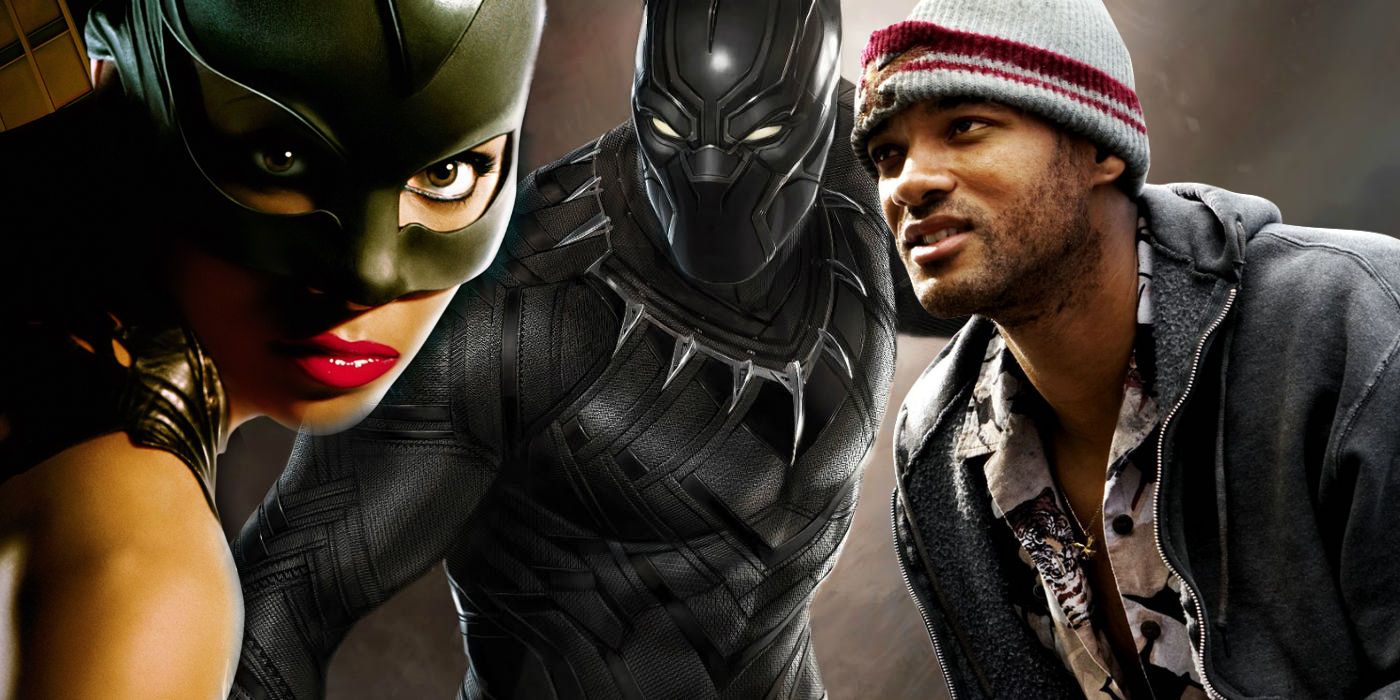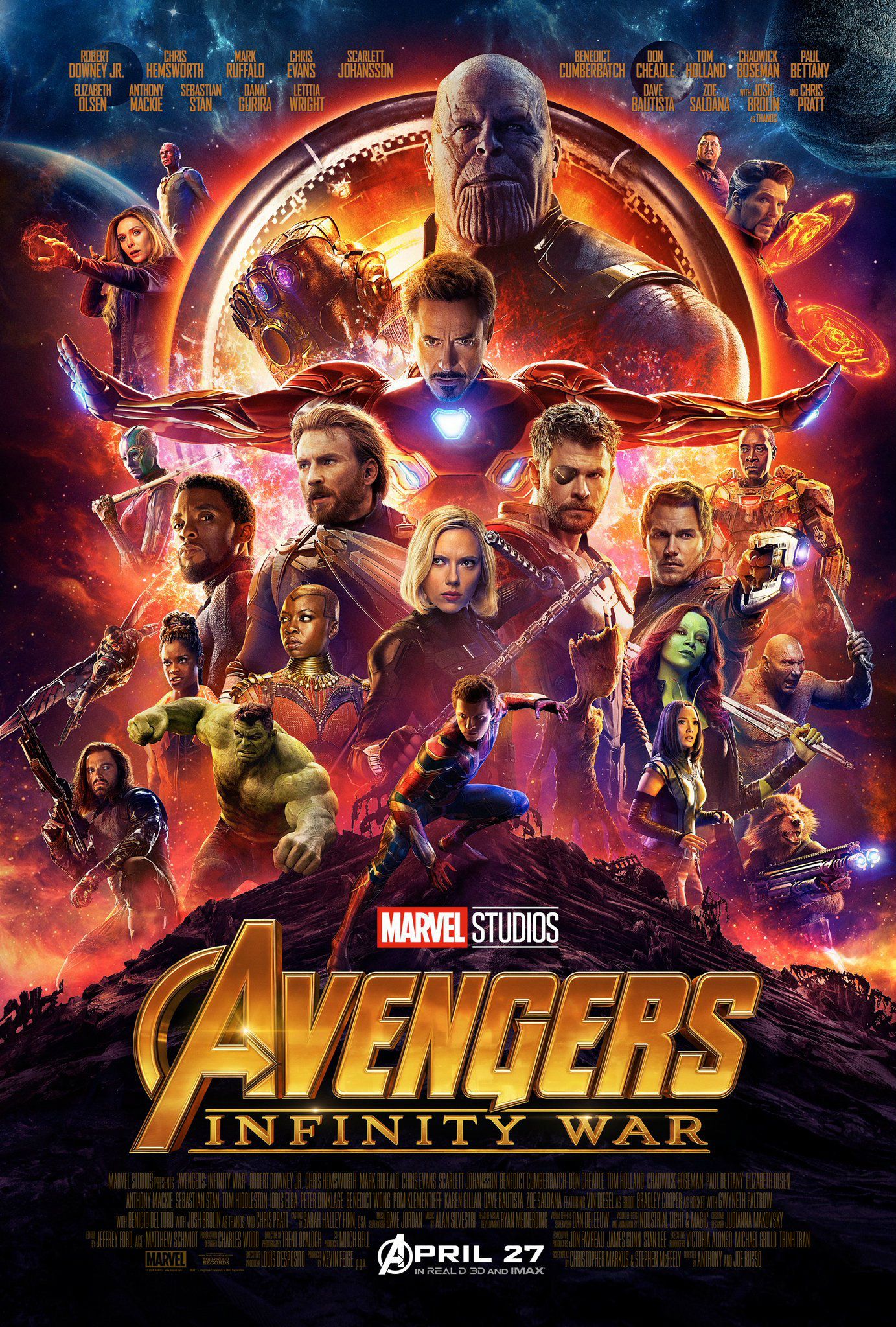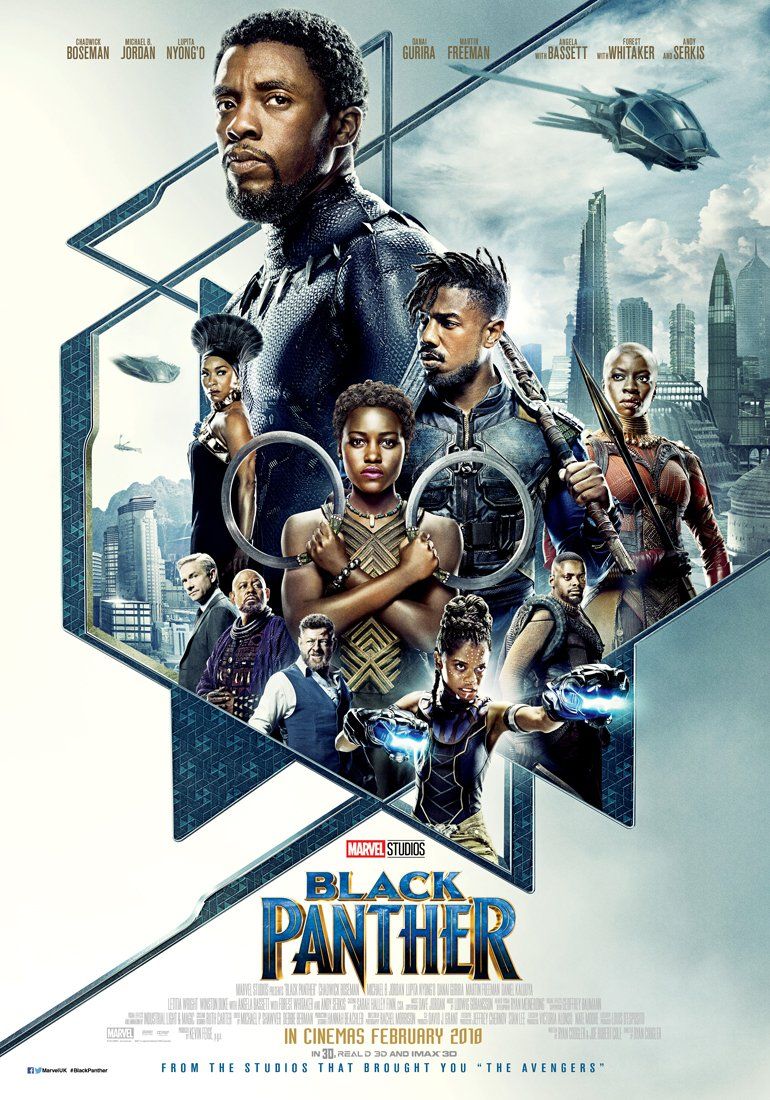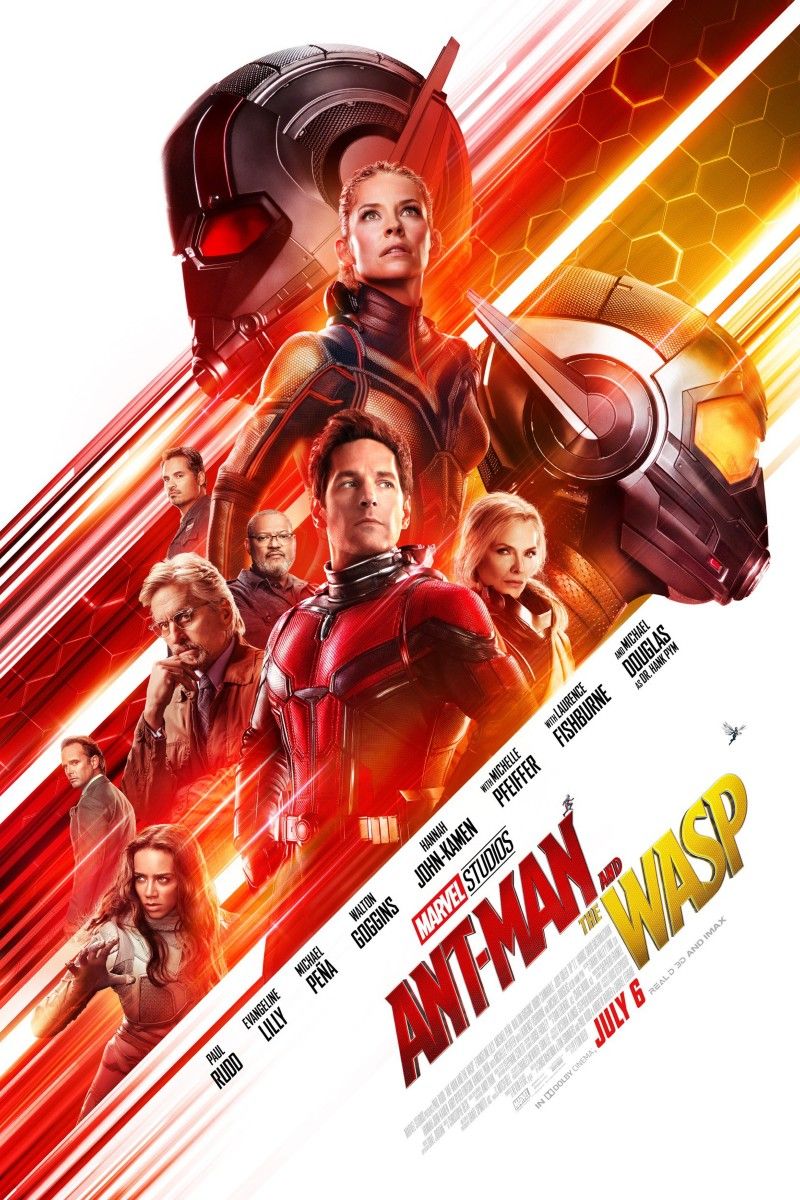The Black Panther film is finally arriving in theaters after being stuck in development hell for 24 years. The highly-anticipated blockbuster comes from director Ryan Coogler and writer Joe Robert Cole, and stars Chadwick Boseman as the eponymous superhero. So far, it's not only considered one of the best Marvel movies ever but also one of the best comic book movies as well.Black Panther is being applauded for its story, its characters, and above all, its proper representation of African culture (which is something Coogler specifically wanted to achieve). But for all its progress, and for being the first superhero film with a black lead set within the Marvel Cinematic Universe, it's not the first black superhero film ever to release. It's not even the second or third, either... it's the 10th, actually. But all those movies - good or bad - took the first steps so Black Panther could shine.
Hancock (2008)
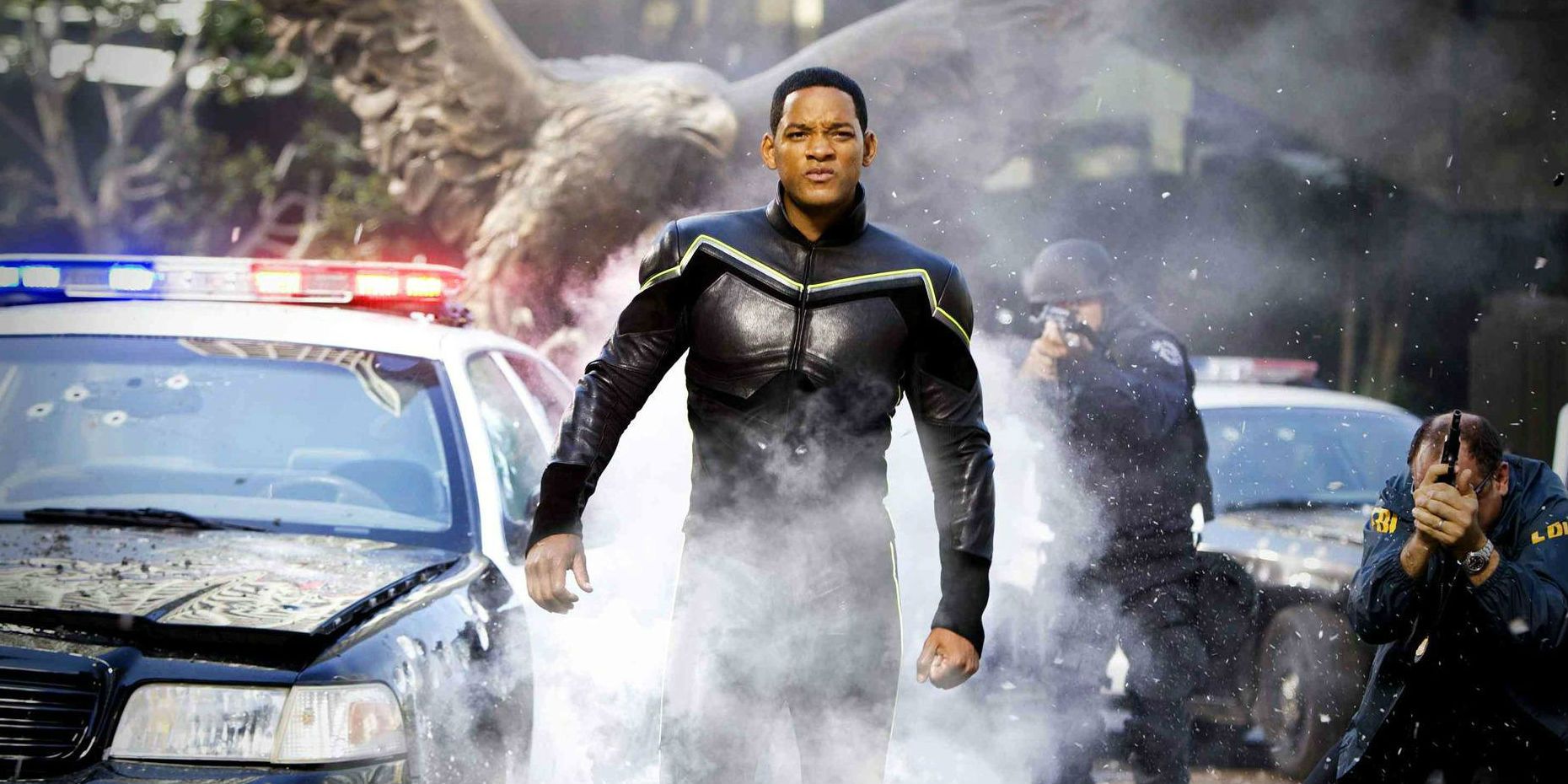
Most superhero movies have their titular characters performing some heroics, and painting the heroes in such a way that audiences can aspire to be them. Then, there's Hancock. Directed by Peter Berg (Friday Night Lights) and starring Will Smith as the eponymous character, Hancock turned the superhero genre on its head and showed a man - one endowed with superhuman abilities that mimic DC's Superman - hellbent on NOT being a superhero.
Related: Marvel Didn't Always Have Black Panther's Character Rights
Hancock was originally written by Vincent Ngo in 1996, and it sat in development hell for more than a decade until Breaking Bad creator Vince Gilligan came on board and rewrote Ngo's script alongside John August. After meeting with several directors, Columbia Pictures finally got the movie onto screens in 2008. While Hancock wasn't a critical success, it still earned big bucks worldwide, and it proved that black superhero movies could still be worthwhile bets for major studios.
Blade I - III (1998-2004)
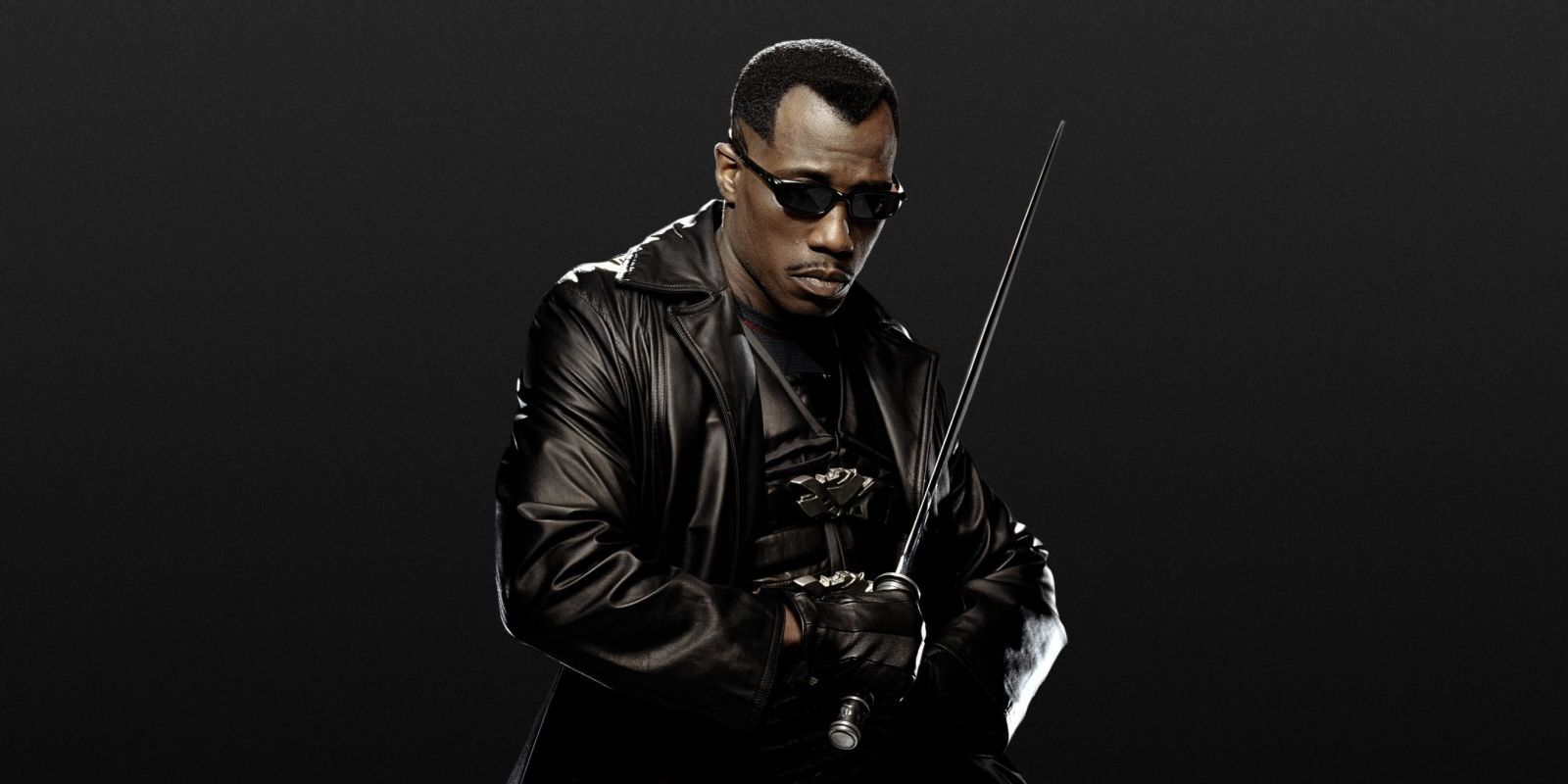
Perhaps the most widely recognized film series to feature a black superhero in the title role (before Black Panther, of course) is Blade. Wesley Snipes famously portrayed the Marvel vampire hunter in New Line Cinema's Blade trilogy in the late 1990s and early 2000s, first in Stephen Norrington's 1998 film, and then in Guillermo del Toro's Blade II in 2002 and David S. Goyer's Blade: Trinity in 2004. Commercially, each movie was undoubtedly successful, but critically, they weren't considered traditionally "good" movies. Still, their prominence has grown over the years.
What's interesting is that Snipes spent years trying to adopt a Black Panther film himself, first with Columbia Pictures and then later with Marvel Studios. But, for various reasons, the project never seemed to jive well with everyone involved; either they had issues with the script or trouble finding an appropriate director. So, while Snipes never got the chance to play T'Challa on the silver screen, his appearances as Blade arguably helped pave the way for Marvel's Black Panther movie to release.
Steel (1997)
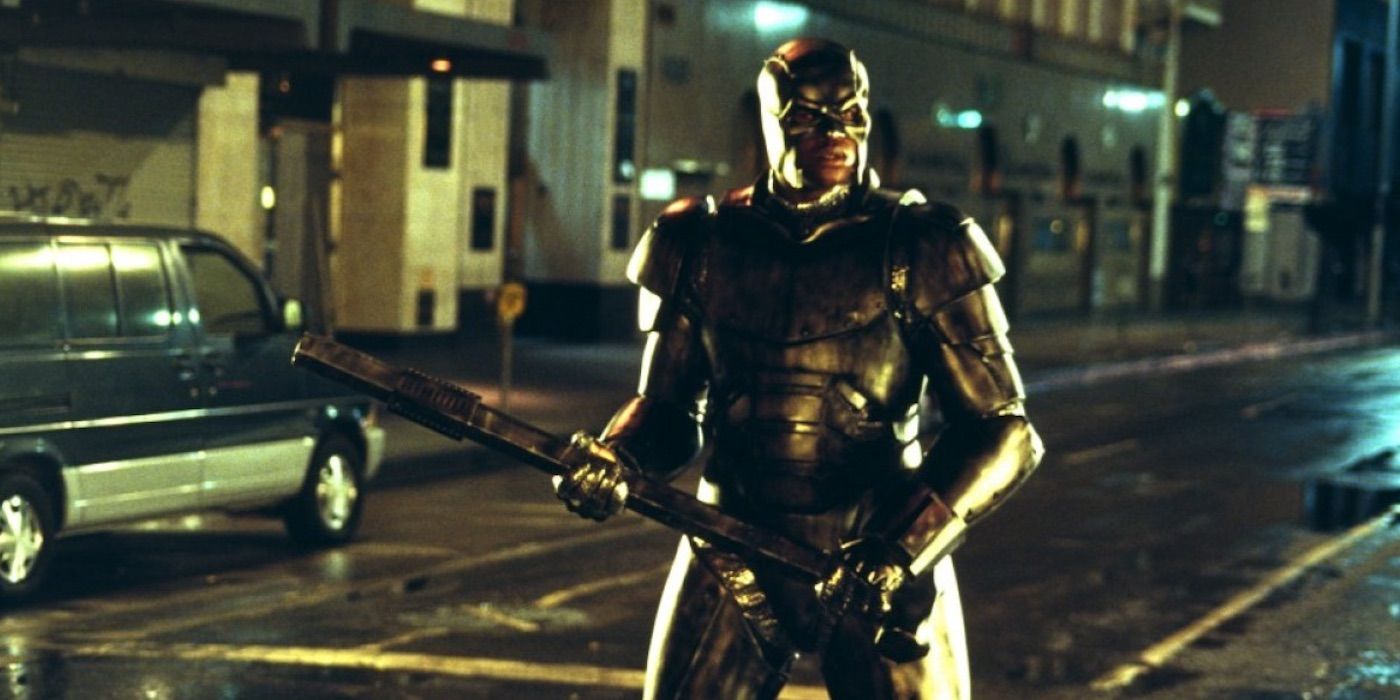
General moviegoers may believe that after Superman IV, the next Superman film to hit screens was Superman Returns in 2006, but it wasn't. Warner Bros. partnered with basketball star Shaquille O'Neal and actress Annabeth Gish to deliver Steel to audiences in 1997, based on the comic book character of the same name. For the uninitiated, Steel, aka John Henry Irons, is one of DC's several replacements for Superman after The Death of Superman story arc in the early 1990s.
Related: Black Panther Character Guide
While the comics weren't particularly well-regarded by fans, WB saw it as their perfect opportunity to capitalize on the media frenzy and Shaq's popularity by casting him as the eponymous character in Steel. As one can imagine, Steel was an abominable failure, both critically and commercially. (Steel grossed only $1.7 million against an estimated production budget of $16 million). Given Steel's atrociousness, perhaps it's not a good idea for Shaq to be campaigning for an Avengers role at this time. Let's not revisit the past.
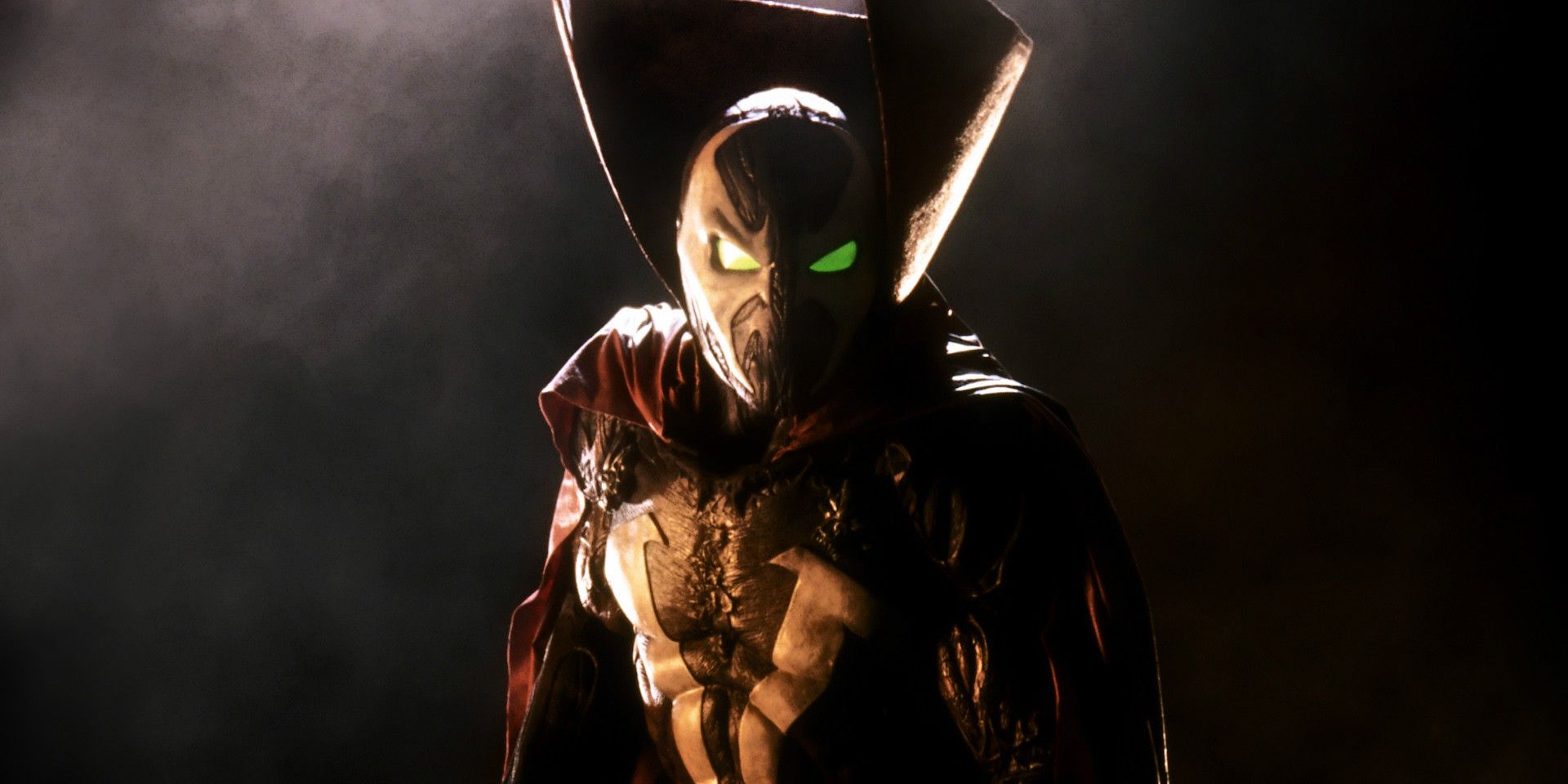
Spawn (1997)
Spawn is a rare breed of comic book character in that he's not created and published by Marvel or DC Comics, carving out a significant corner of the market for itself. Todd McFarlane created the character for Image Comics in 1992, and it didn't take long for Spawn to achieve worldwide fame. That fame is what eventually led to Mark A.Z. Dippé's live-action Spawn film in 1997, starring Michael Jai White as Al Simmons, a.k.a. Spawn.
Sure, Spawn as a comic character could be considered revolutionary in some regards, but its movie was nothing short of disappointing. Spawn added nothing to the comic book movie genre and that's why it's been so difficult for McFarlane to produce a sequel or a reboot for the past two decades, but it looks like it's finally happening.
McFarlane is looking to give Spawn the proper treatment he deserves with an R-rated reboot that he likens to a supernatural thriller, not a superhero movie. While that may be how he feels about the new Spawn movie, the original adaptation was very much a superhero-esque production; it just wasn't that... good, unfortunately. However, it did precede Blade as one of the very first superhero movies to feature a black character as the lead.
Related: Todd McFarlane & Stan Lee to Cameo in Spawn Reboot
Blankman (1994)
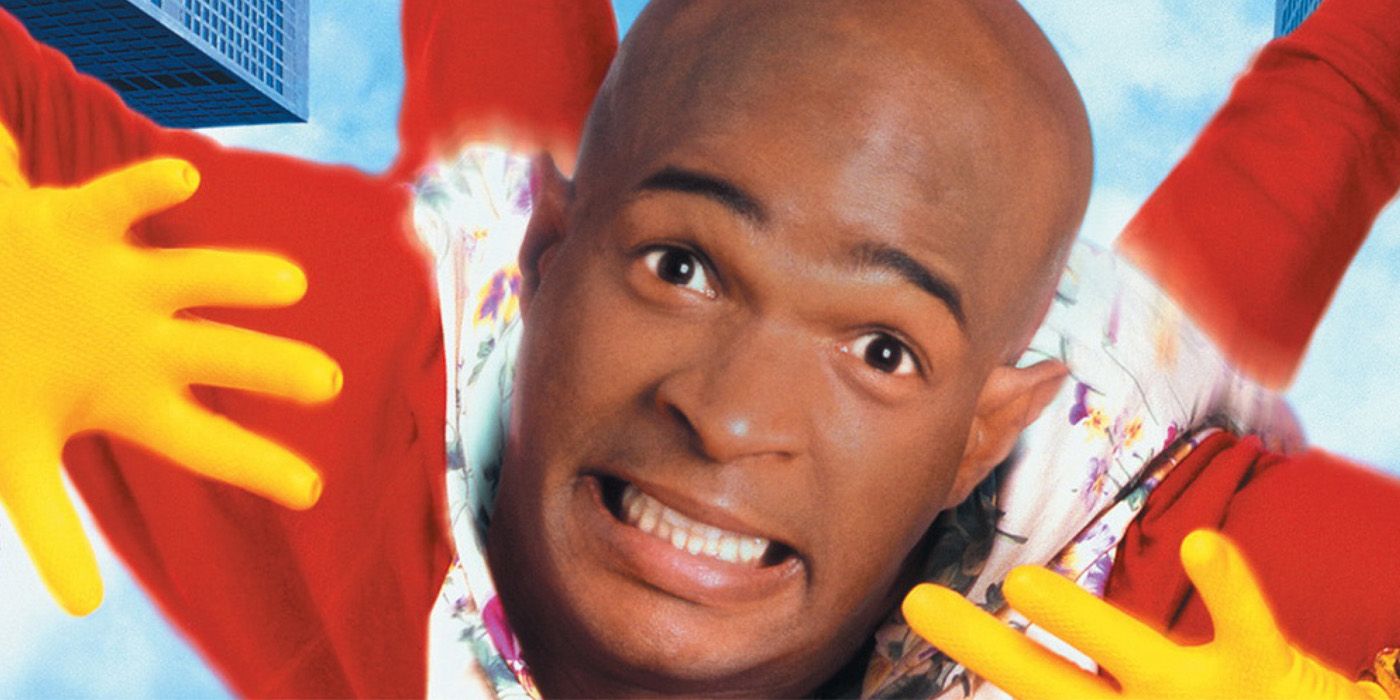
Parodies are a cornerstone of the comedy film genre. While some parodies are revered, some are not, and Mike Binder's Blankman falls into the latter category. The 1994 film was co-written by and starred Damon Wayans as Blankman and David Alan Grier Other Guy. It followed the conclusion of Wayans and Grier's Fox sketch comedy series, In Living Color.
Blankman took place in the real world in which a Batman fan becomes a superhero to turn his neighborhood around. Blankman wasn't particularly good, but it arguably had some redeemable moments, which is why it's one of many poorly-received from the 1990s that's attained cult status amongst a selection of fans, thanks in part to constant airings on TV. A number of moviegoers do love Blankman... and the Other Guy, of course.
The Meteor Man (1993)
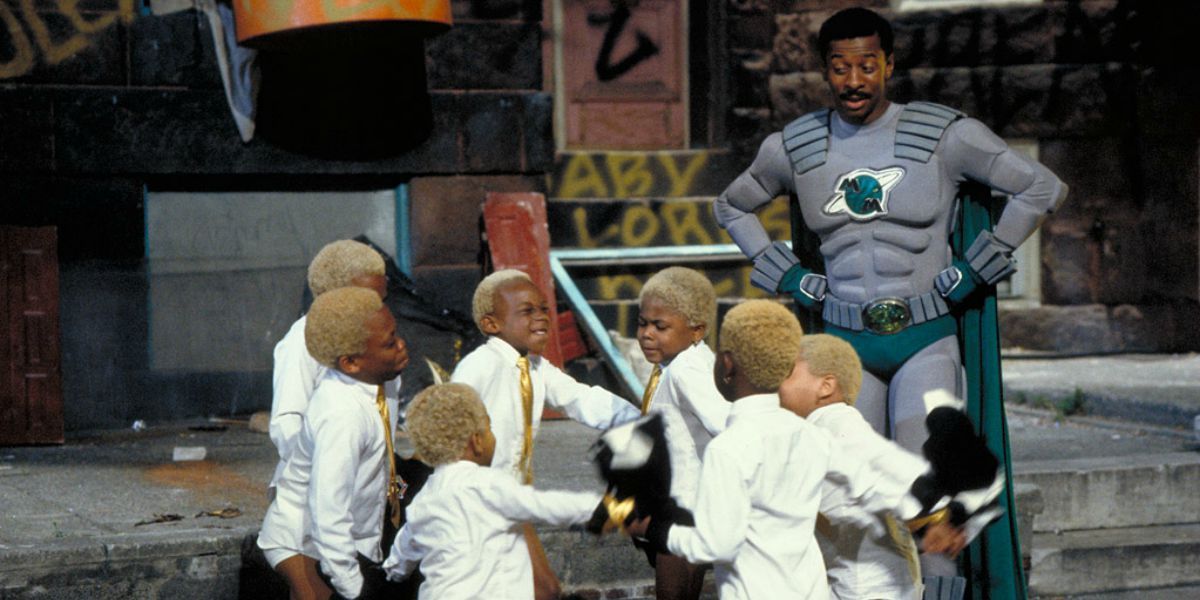
In the early 1990s, Hollywood Shuffle's Robert Townsend had a vision for a superhero comedy - and he executed that vision to be best of his ability. Townsend wrote, directed, produced, and starred in 1993's The Meteor Man. He played schoolteacher Jefferson Reed, who is struck by a green meteorite (presumably the film's version of Superman's Kryptonite) and is imbued with superpowers and abilities, such as superhuman strength, speed, and agility, as well as x-ray vision and the ability to fly.
And so, as with Blankman, Townsend's Meteor Man uses his newfound abilities to defeat a local gang threatening his neighborhood. Despite all its flaws, The Meteor Man was an enjoyable film with the right amount of altruism and encouragement to do good. What's interesting is that, regardless of all the negative reviews and poor commercial reception, The Meteor Man was actually nominated for Best Science Fiction Film but was ultimately defeated by Steven Spielberg's Jurassic Park that year.
Related: Why Black Panther Will Be Marvel's Most Important Movie Yet
Catwoman (2004)
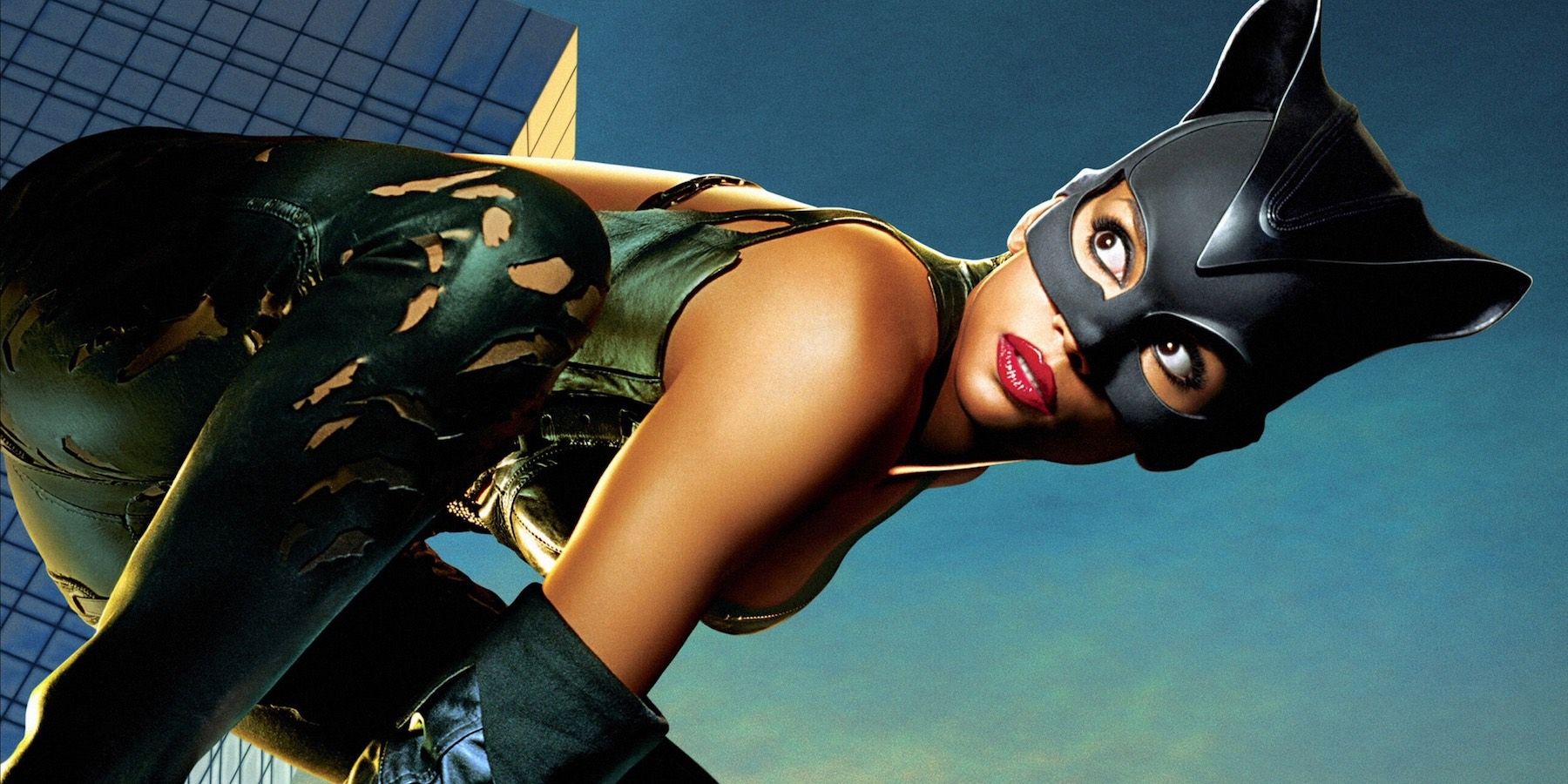
Warner Bros. spent years attempting to make a Catwoman spinoff of Tim Burton's Batman Returns with Michelle Pfeiffer as the eponymous character, but it wasn't until Pitof boarded the project in the early 2000s that the studio was actually able to get the film off the ground with Halle Berry as Selina Kyle. But they really should've taken all their problems as a sign to not make the movie. Catwoman wasn't just one of the rarest comic book movies with a female lead, but it was also one that featured a black female lead, something that's seemingly unheard of. If only it was good.
Catwoman is an iconic DC character and antihero, and giving her a solo film made all the sense in the world at the time, especially since Warner Bros. was struggling with a live-action Batman film. Unfortunately, Berry's performance, coupled with a horrendous script from John Brancato, Michael Ferris, and John Rogers, makes Catwoman one of the worst movies ever made, not just a worst comic book movie. Still, it goes to show that Hollywood was thinking of bringing black comic book characters onto the big screen long before Black Panther hit theaters. And even though it was a terrible adaptation, it still paved the way for MCU's 2018 film.
Next: Ryan Coogler Interview: Black Panther
